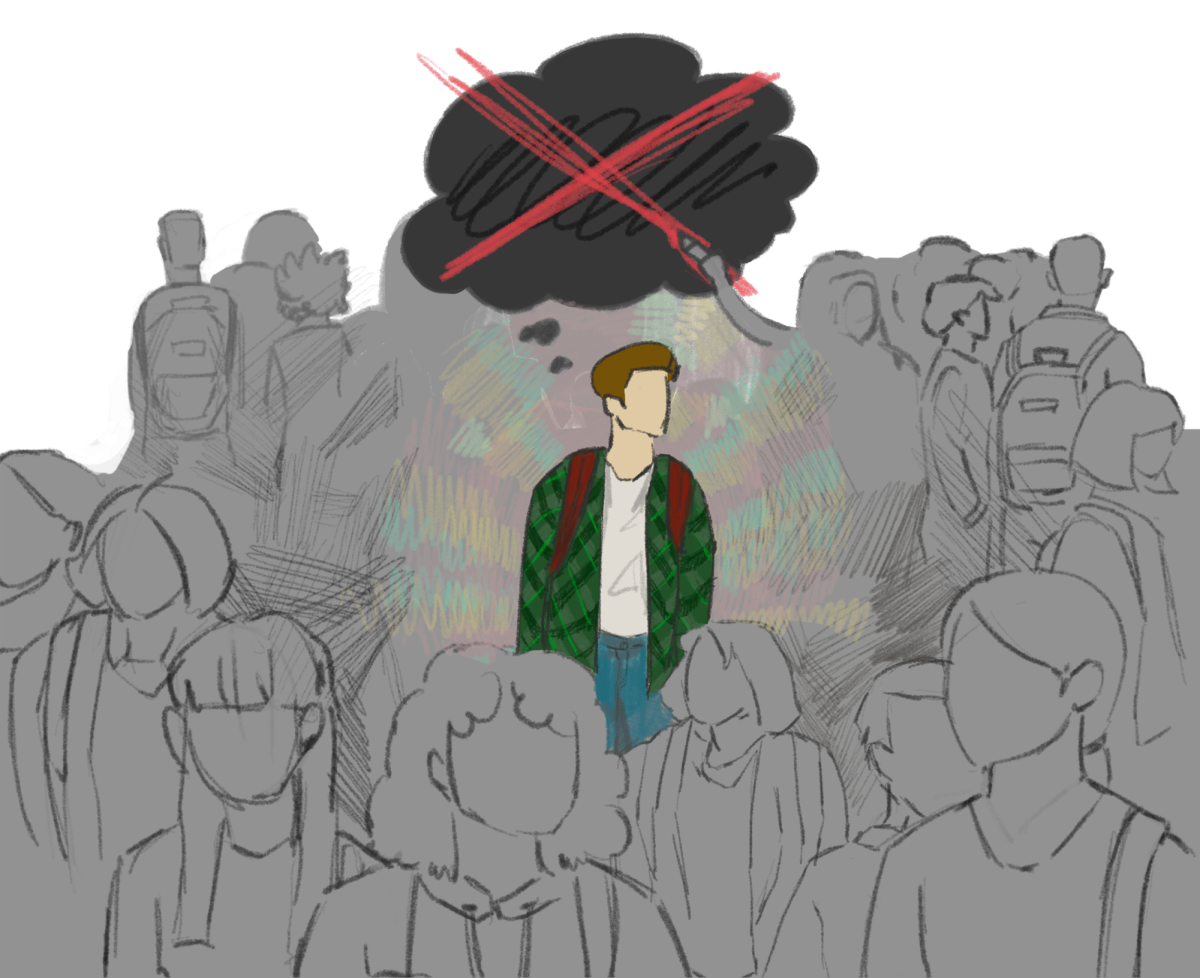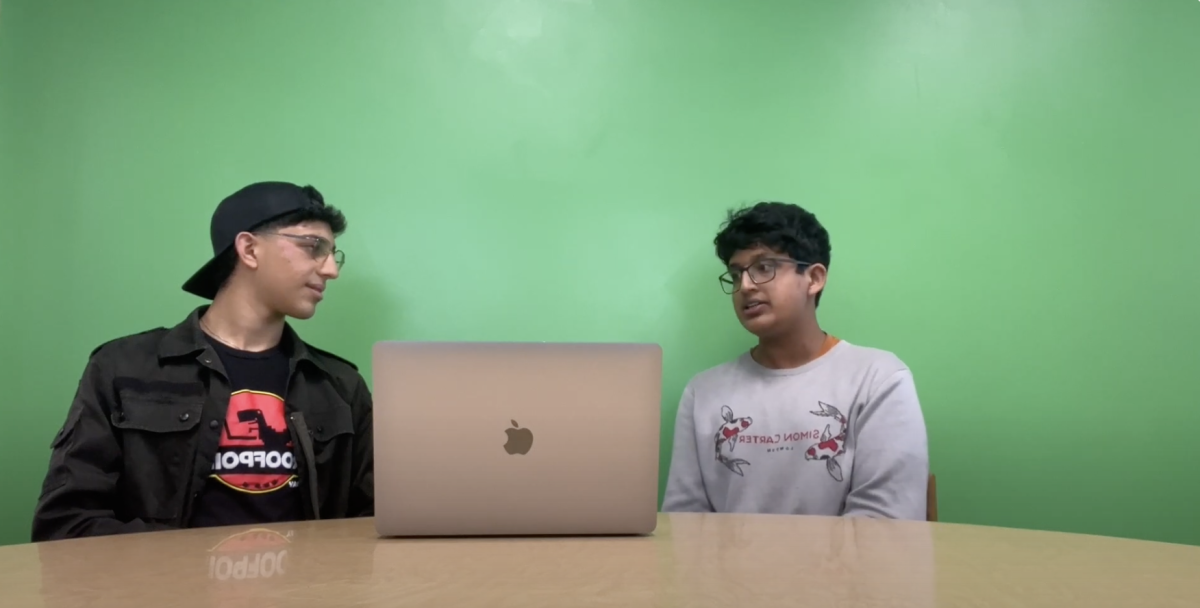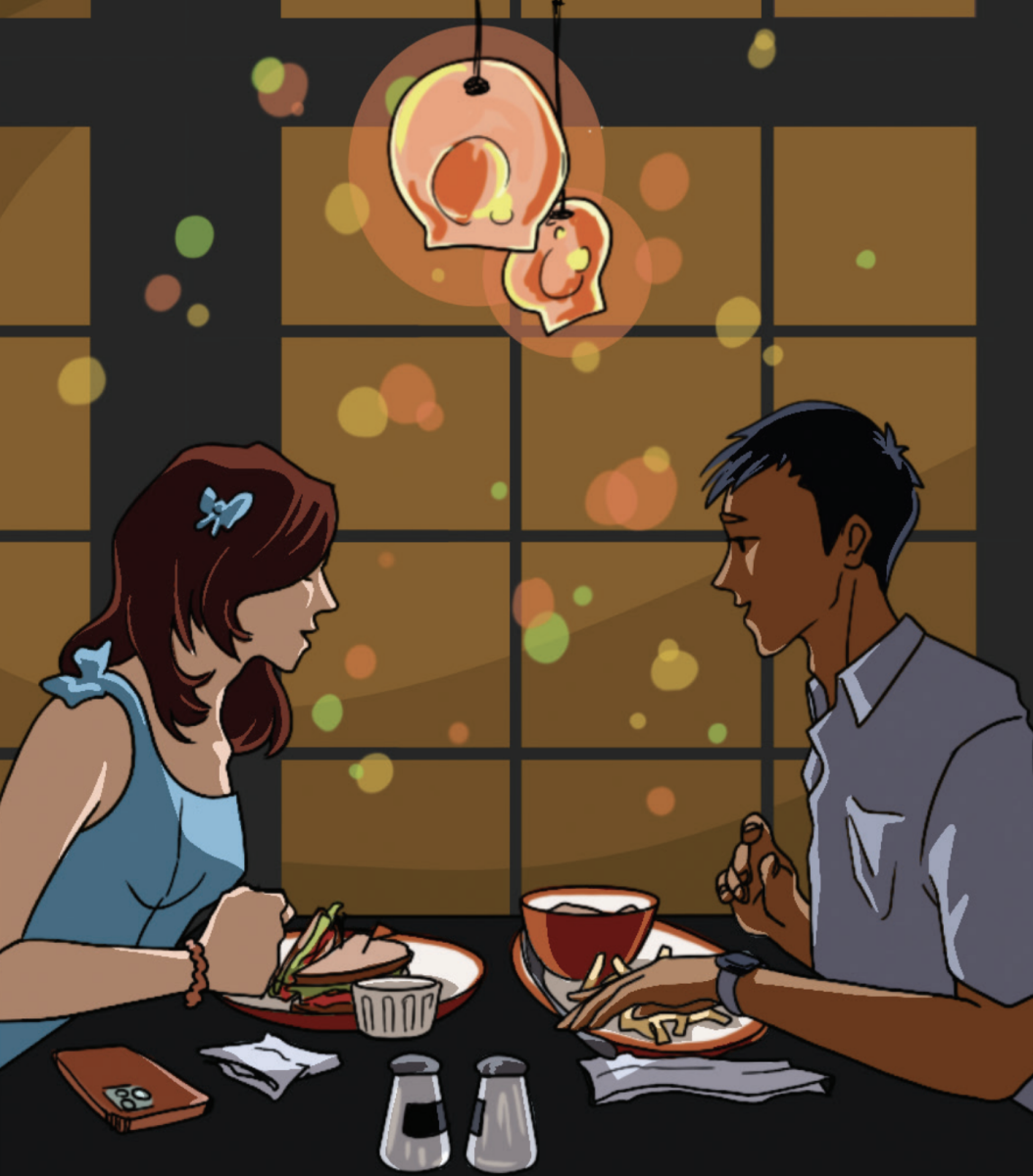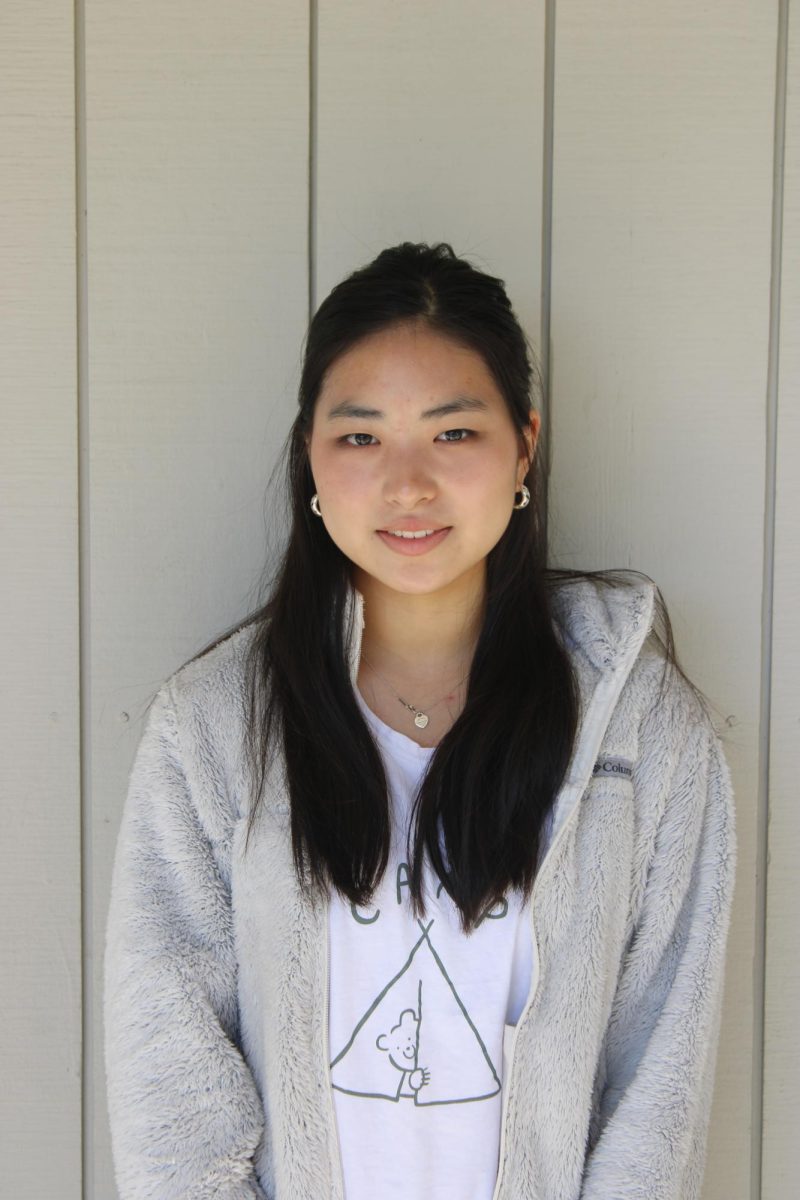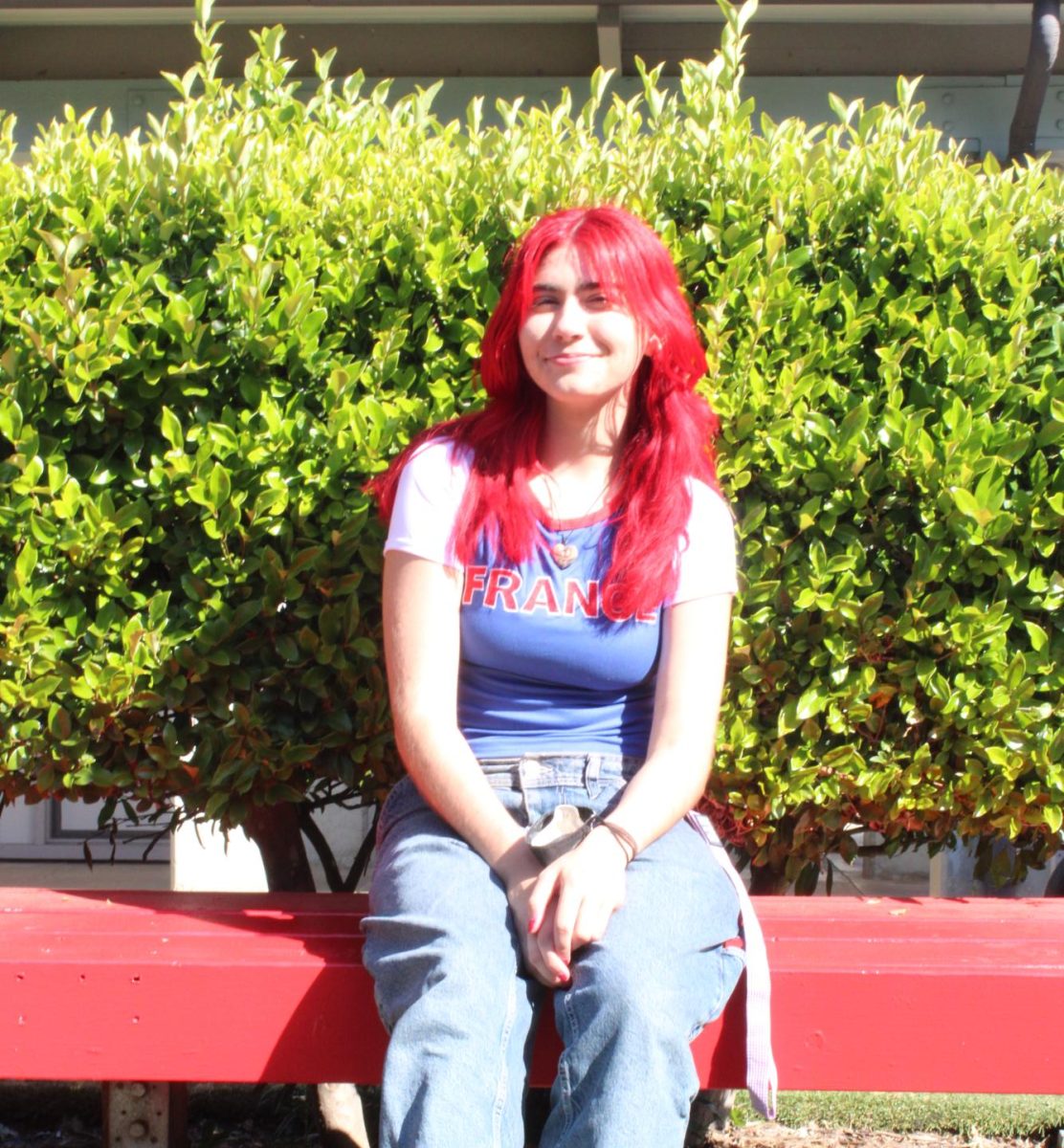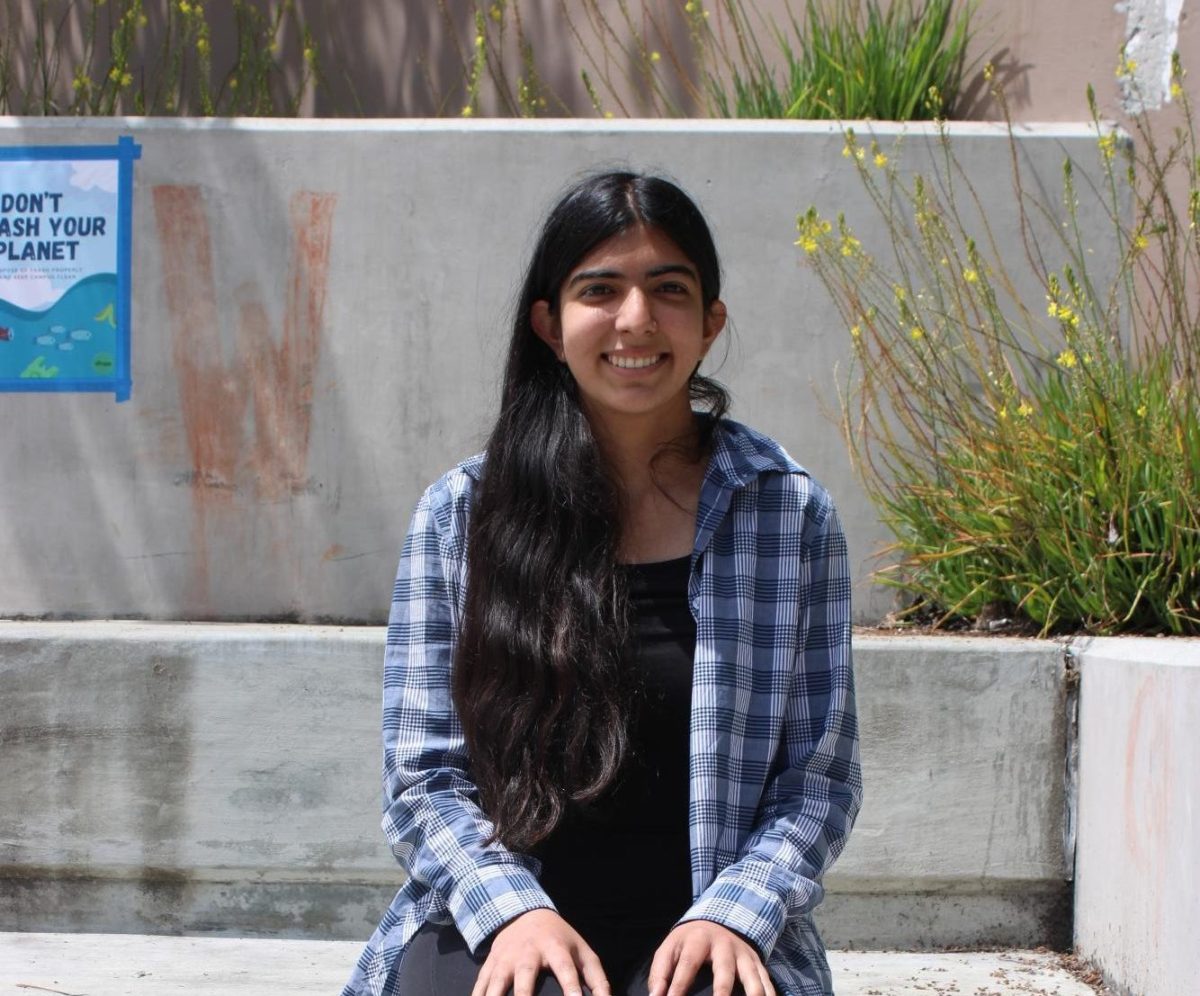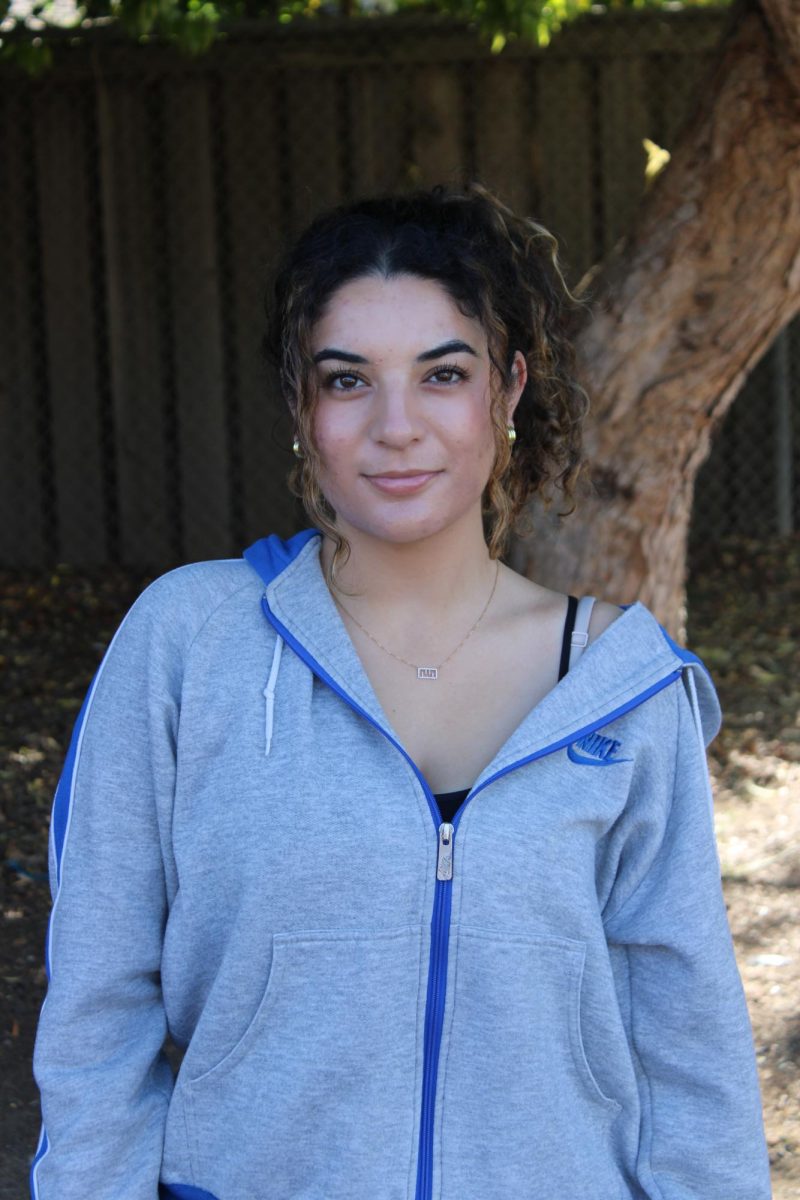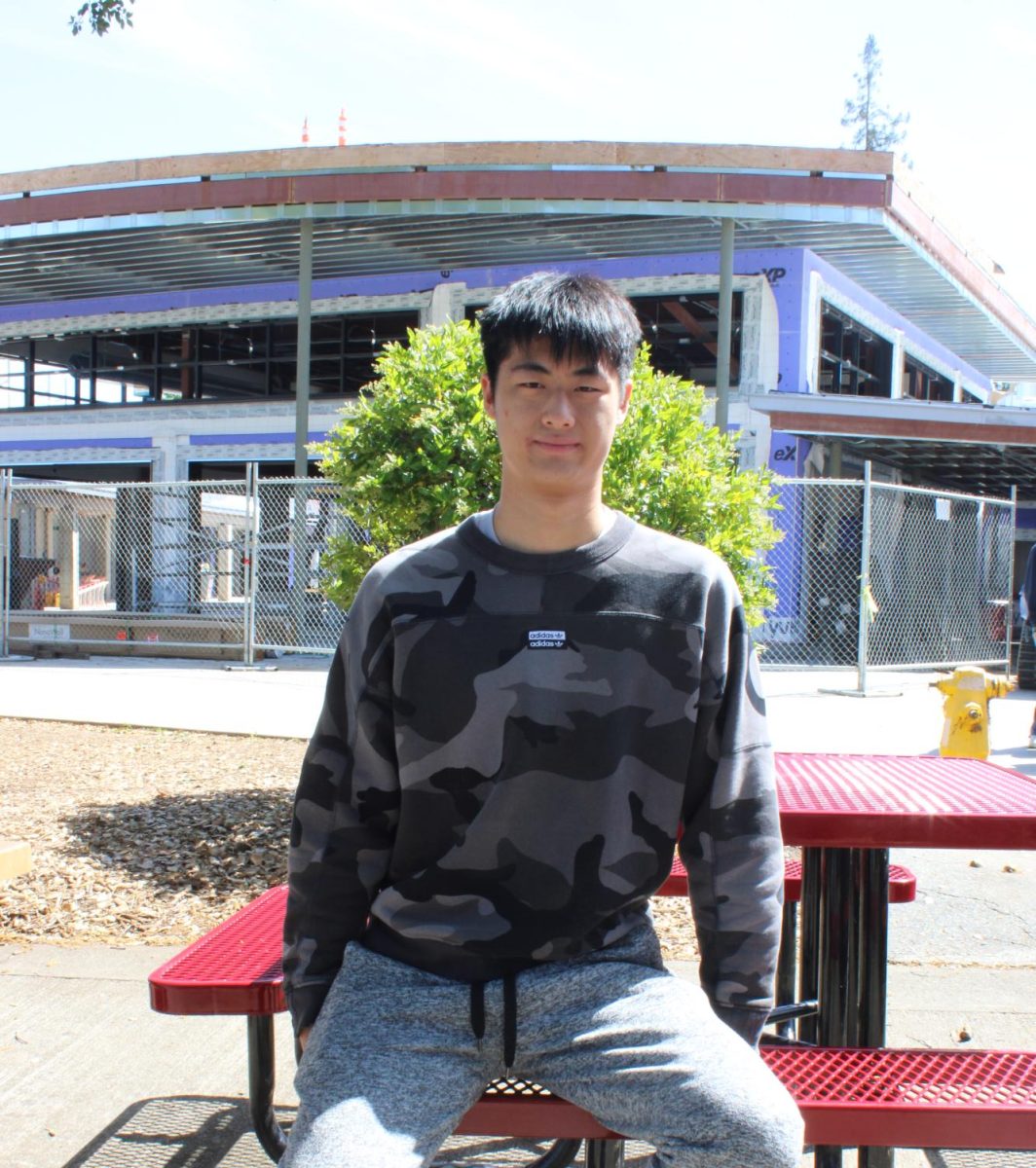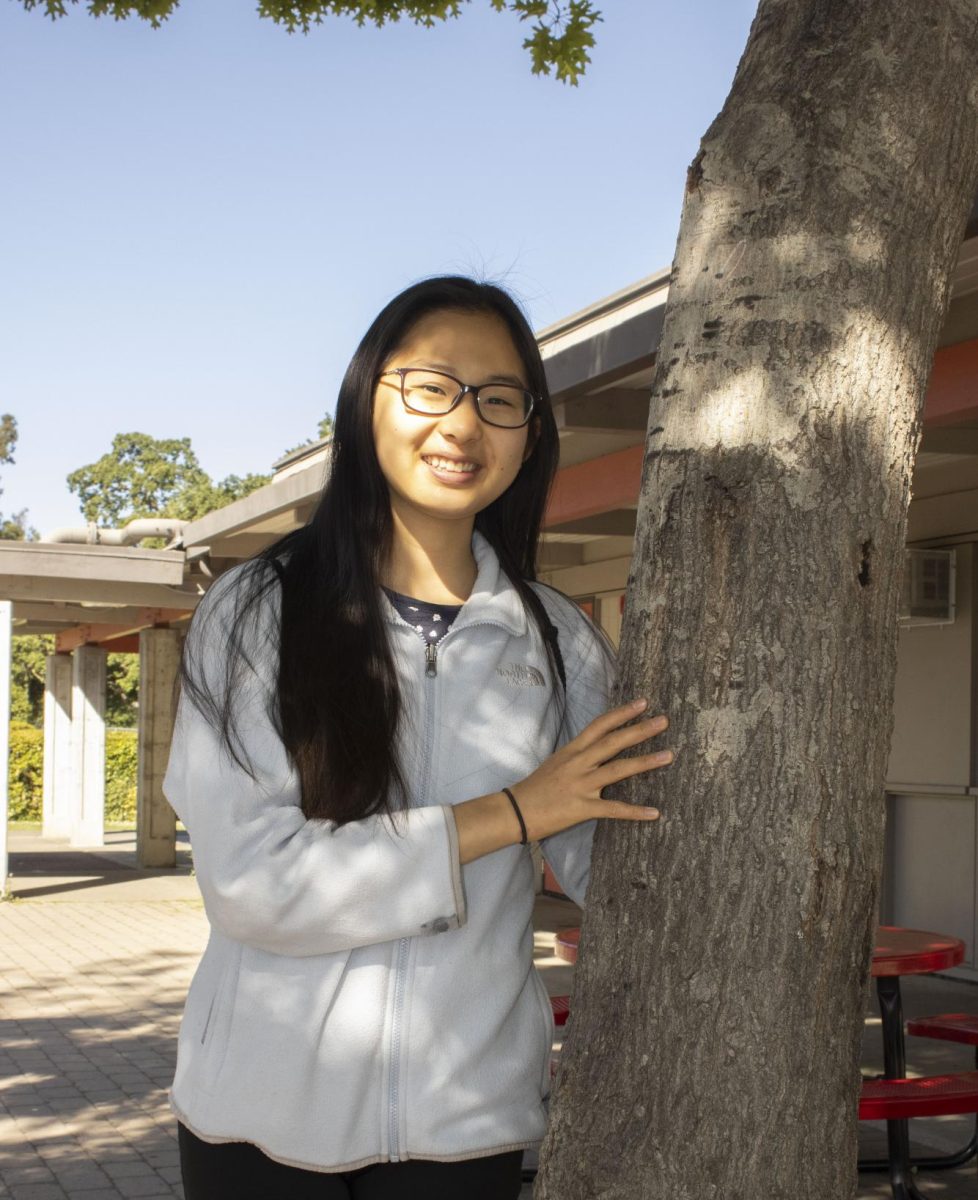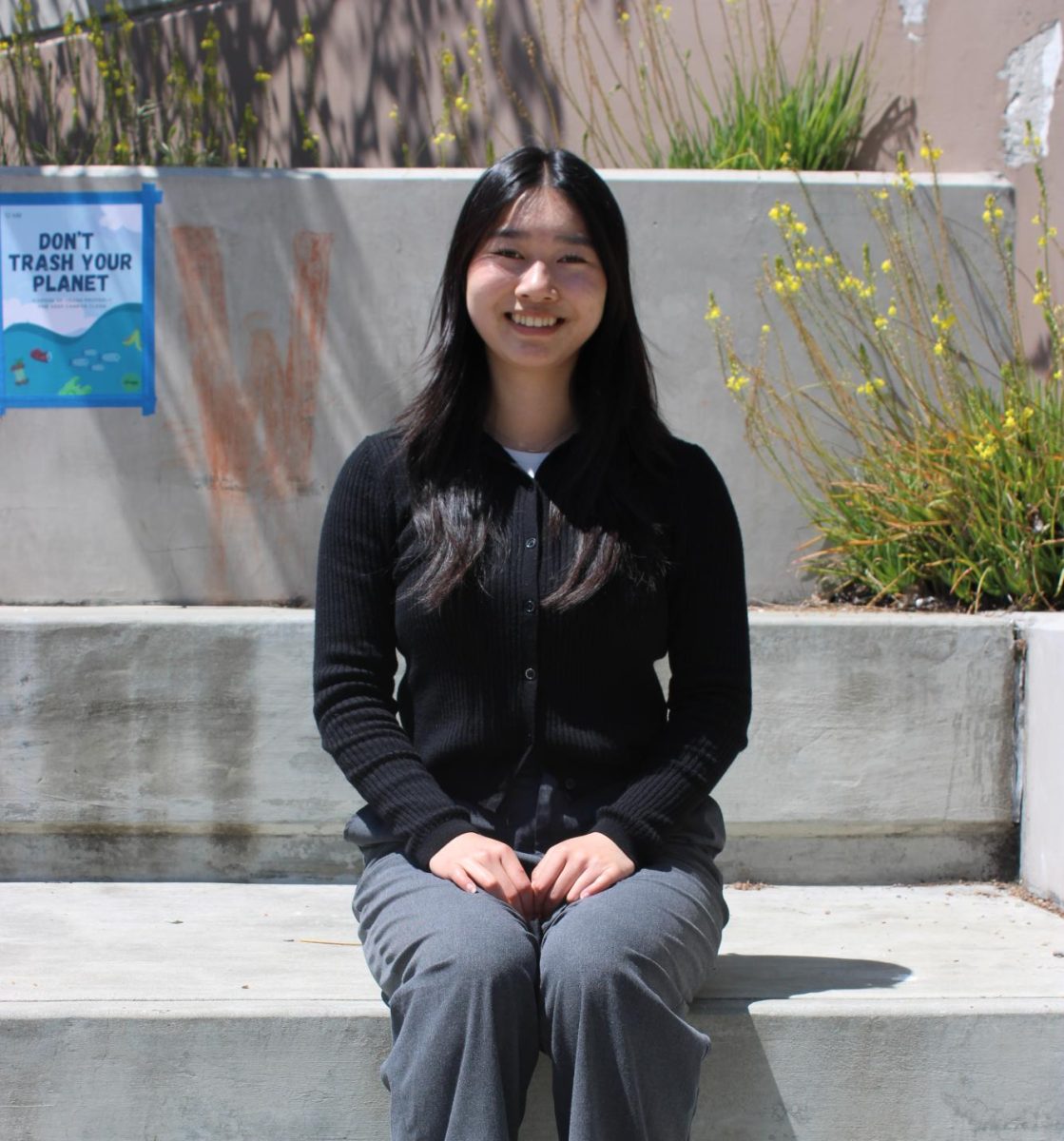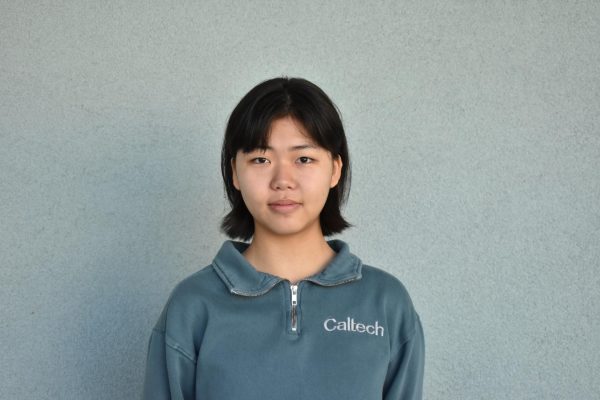A white professor avoids discussing the Black Lives Matter movement in fear of being deemed racist. A male student balks at participating in a social studies class discussion about the mistreatment of women in historical societies. Situations like these have become increasingly common in recent years: Teens and adults, intent on “political correctness,” shy away from controversial or uncomfortable discussions because they fear being shamed or offending others.
When people push for extreme political correctness, to the point where they censor and restrict ideas, they limit the potential for meaningful conversations, promote binary thinking and exacerbate polarization
This oversensitivity is well intentioned. Those restricting their comments for political correctness — any measure taken to avoid offending or disadvantaging members of a particular group — often do so to respect and uplift marginalized communities. However, when taken to an extreme, this approach often does the opposite: When people push for extreme political correctness, to the point where they censor and restrict ideas, they limit the potential for meaningful conversations, promote binary thinking and exacerbate polarization.
Although inclusivity increases when people feel safe and respected, it also drops when they fear challenging ideas. For instance, trigger warnings — originally intended to help vulnerable individuals prepare for and avoid traumatizing material — have since become common online, even in arguably unnecessary contexts, such as discussions about racial discrimination or instances of hateful language.
In fact, in an Atlantic article, author and attorney Jill Filipovic writes that trigger warnings often seem to be “more about emphasizing the upsetting nature of certain topics than about accommodating people who had experienced traumatic events.” The effect of trigger warnings has evolved into labeling controversial and uncomfortable topics as “dangerous.” This shift promotes ignoring distressing issues rather than learning to listen and work through them.
Additionally, political correctness makes differentiating between hate speech and controversial opinions difficult. By prioritizing limiting offense over understanding different viewpoints, oversensitivity can further create polarization and conflict.
Amid the Israel-Hamas war, for example, the conflation of hate speech and controversial speech has become especially visible: Criticism toward Israel is sometimes taken as antisemitism, and pro-Palestinian points of view are sometimes quickly classified as pro-Hamas. Such generalizations erase layers of important nuance in a complex geopolitical conflict, precluding understanding on both sides and exacerbating polarization. Thus, even if people disagree with certain opinions or find them to be hurtful, they must remain respectful toward one another and listen with the intent of thinking critically about the issue at hand.
In higher education, political correctness has made college students — who will play key roles in shaping the future of the U.S. — afraid to engage in meaningful discourse. According to a September 2021 survey by Intelligent, an online magazine serving students, 52% of college students say they “always” or “often” hold back from expressing views on political and social issues in classrooms out of concern for being shamed or other potential consequences.
When people use their differences in belief as an invitation to better understand themselves and others, they improve trust and their relationships.
College campuses are meant to be bastions of free speech, allowing students to engage with ideologically complex material with thoughtfulness and empathy. If students feel unable to voice opinions regarding controversial topics, they cannot learn. Moreover, these habits only become more entrenched later in life, discouraging students from advocating controversial or unpopular views beyond school as well.
Ultimately, oversensitivity to the point of extreme political correctness restricts discourse more than it protects people. Respect toward one another shouldn’t need to come at the expense of intellectual inquiry and necessary — if uncomfortable — conversations. When people use their differences in belief as an invitation to better understand themselves and others, they improve trust and their relationships. Nuanced discourse, built on dismantling extreme political correctness, renders a tremendous service to society. It is the first step toward a more inclusive world.


